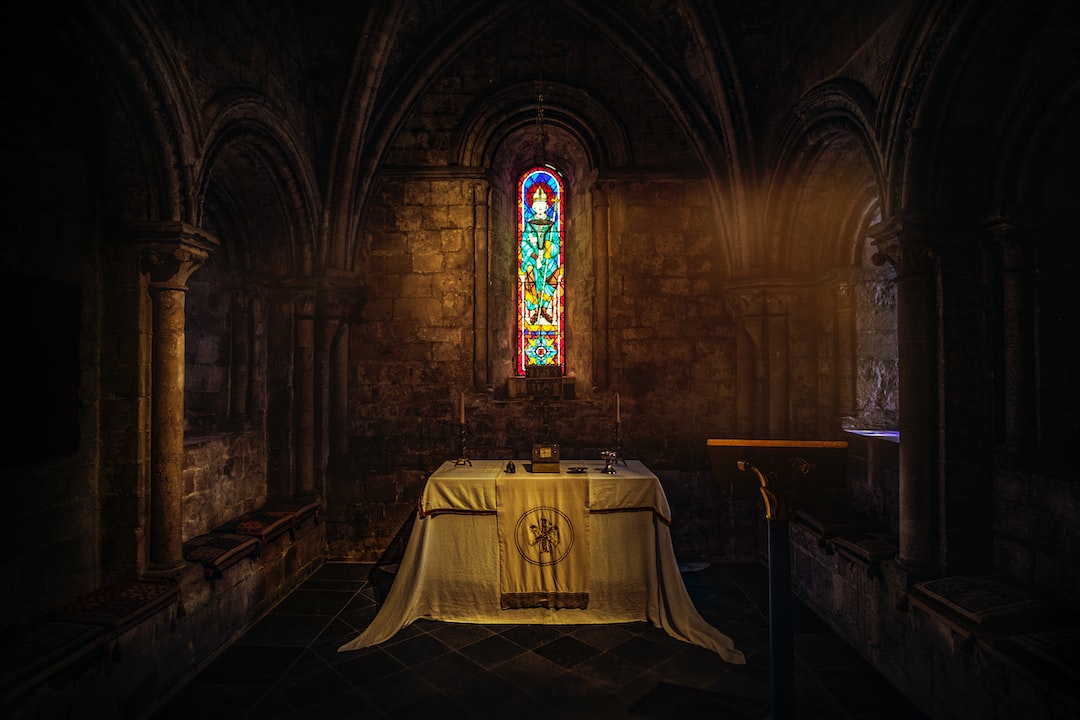Exploring the Role of Miracles in Different Spiritual Traditions
Throughout human history, miracles have captivated the imagination and faith of individuals across various spiritual traditions. These extraordinary events, often defying the laws of nature, continue to inspire awe and wonder today. From Christianity to Buddhism, miracles play a significant role in shaping beliefs, strengthening faith, and reinforcing the connection between the divine and the human.
In Christianity, miracles hold a central place. The life and teachings of Jesus Christ are replete with miraculous events, which are believed to be signs of his divine nature. From turning water into wine to healing the sick, the miracles performed by Jesus demonstrated his power and authority over the forces of nature. These extraordinary acts not only inspired faith in his followers but also validated his teachings and emphasized the importance of compassion and love for one another.
Similarly, miracles are revered in Islam, as they are seen as a manifestation of Allah’s power and presence. In the Quran, the holy book of Islam, there are numerous accounts of miracles performed by prophets, including Moses parting the Red Sea and Jesus healing the blind and raising the dead. These miracles serve to reinforce the prophets’ status as messengers of God and to emphasize the idea of submission to Allah’s will. Muslims believe that miracles are a testament to the divine power and a means to strengthen their faith in Allah.
In Hinduism, miracles are often associated with the divine intervention of deities. The concept of miracles, known as “leelas,” is deeply rooted in Hindu mythology and religious texts. These extraordinary events are believed to be the result of gods and goddesses intervening in the lives of devotees to protect and guide them. Whether it is Lord Krishna lifting the Govardhan mountain or Goddess Durga slaying the demon Mahishasura, miracles in Hinduism are seen as a way for the divine to communicate with humans and demonstrate their blessings and benevolence.
Buddhism, on the other hand, approaches miracles from a different perspective. In this tradition, miracles are not seen as supernatural occurrences but rather as a result of achieving spiritual enlightenment and mastery of the mind. The Buddha himself is said to have performed miracles, but these were not intended to astonish or garner followers. Instead, they were meant to be skillful means to help individuals on the path to liberation. In Buddhism, the ultimate miracle is the profound transformation of one’s mind and the attainment of enlightenment.
Miracles also hold significance in Indigenous spiritual traditions around the world. Native American cultures, for instance, have long believed in the power of miracles to heal and bring balance to their communities. Shamans and medicine people often perform rituals and ceremonies to invoke supernatural forces and access divine intervention. Miracles in Indigenous traditions are regarded as a means to restore harmony and connection with nature, as well as a way to address the spiritual, emotional, and physical needs of individuals and communities.
Despite the differences in how miracles are perceived and understood across various spiritual traditions, they often serve a common purpose: to inspire faith, deepen spiritual practice, and remind individuals of the existence of a higher power. Miracles can be seen as a reminder that there is a greater reality beyond our limited understanding, offering hope and comfort in times of despair or doubt.
However, it is important to approach the concept of miracles with discernment and critical thinking. While they may defy scientific explanation, it does not mean that miracles are entirely irrational or devoid of meaning. They are subjective experiences that are deeply personal and rooted in individual faith and belief systems.
In conclusion, miracles hold a significant place in different spiritual traditions, serving as a bridge between the divine and the human. Whether through the extraordinary acts of Jesus, the intervention of deities in Hinduism, the attainment of enlightenment in Buddhism, or the healing rituals of Indigenous cultures, miracles continue to inspire, uplift, and strengthen faith. They remind us of the remarkable and mysterious nature of existence, inviting us to explore the depths of spirituality and embrace the possibility of transcending our perceived limitations.

